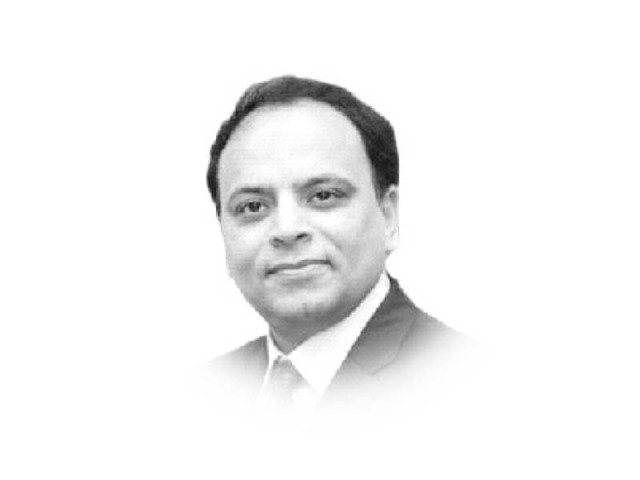Towards equitable cities
Pakistani cities need to minimise urban inequities by promoting innovation, local talent, incubated ideas

Economic inequality is generally measured by analysing differences in incomes of individuals, particularly those dwelling in cities. This approach, however, does not present the entire picture. Apart from differences in incomes, equitable access to urban services remains a fundamental requirement for cities to act as engines of economic growth. Urban services include, but not limited to, housing, water, transport, sanitation and energy.
Like other cities of the global South, Pakistani cities are also witnessing an admonitory rise in urban inequality in terms of unauthorised encroachments, illegal housing societies, whetting horizontal development and felonious land-use. In a recent meeting of the National Coordination Committee on Housing, Construction and Development, PM Imran Khan directed the authorities to put a stop on unlawful land-use changes by expediting necessary legislation. He also highlighted the importance of digitalised mapping and emphasised protecting green spaces. PM’s observations clearly indicate the gravity of unjust urban services divide in the country. Pakistani cities need to bridge the acerbic urban divide before they can undergo citywide transformative change and act as poles of economic growth.
Major Pakistani cities, like Karachi and Lahore, are witnessing urban inequities on economic and spatial fronts. On the economic front, Pakistani cities witnessed two main categories of urban dwellers during Covid-19. First one consisted of those who had sufficient money, good businesses or permanent employment to stay indoors during procrastinated lockdowns. The other category comprised those with insufficient money, vulnerable businesses or temporary employment including the dailywagers. Due to economic insecurity, they could not stay indoors for longer periods during lockdowns. The first category had a better access to the urban services, but the second one had limited access to such services. This shows economic vulnerabilities of Pakistani cities during natural disasters. The same can drastically be lessened by systematically snubbing urban inequities.
Lahore’s oval shaped southward expansion is an interesting case of spatial inequality in the city. On the supply of urban services, the Northern areas of the city such as Shahdara, walled-city, Misrishah and Shadbagh are less-privileged with higher population density. The Southern areas, like DHA, Bahria Town and adjoining housing societies enjoy more urban privileges with lesser population density. As a result, the city is expanding southwards reflecting an exasperating urban mass struggle to move from Northern to Southern areas. This kind of spatial urban inequity has not only created southward slapdash sprawl but also prevented Lahore from acting as an engine of economic growth. Similar trends may also be witnessed in other cardinal cities such as Karachi and Rawalpindi/Islamabad.
Pakistani cities need to minimise urban inequities by promoting innovation, local talent, incubated ideas, economic synergies and productivity. A World Resource Institute report suggests a seven-point transformation model necessary for more equitable cities. 1) A city’s infrastructure must support the less-privileged class. 2) There are gaps in municipal public services filled by a network of alternative service providers such as van drivers or water vendors. These gaps need to be filled equitably. 3) Communities need to be involved in collecting credible local data which plays a pivotal role in formulating urban policies. 4) Informal economy has an important role in fostering economic growth of a city. However, the informal workers of the global South face difficulties in accessing urban services. Such inequities need to be curbed. 5) Countries must increase investment in cities innovatively so that the benefits of economic synergies could be optimised by filling gap in urban services. 6) Transparent and well-regulated spatial planning is necessary for equitable service delivery in a city. And, 7) Developing political narratives around a shared vision for attaining good governance is crucial for repressing urban inequities.
This model needs to be critically evaluated in the context of Pakistani cities. Pakistani cities, like other cities of the global South, have specific contextbased economic problems requiring robust research-based solutions.













COMMENTS
Comments are moderated and generally will be posted if they are on-topic and not abusive.
For more information, please see our Comments FAQ